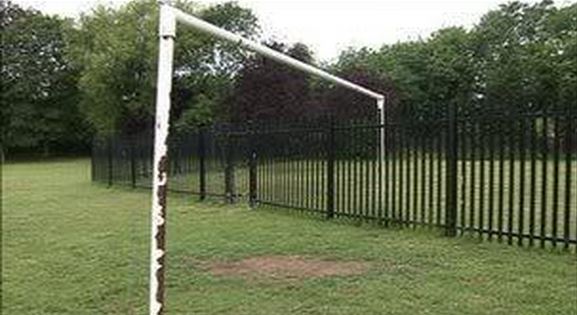Before you read ahead, have a careful think about this. What is the bill that you think above all others that you should pay first every month? Perhaps the rent or mortgage is the top of your list, that’s certainly usually the largest. Or perhaps you prefer to prioritise by making sure your card and loan debts are paid first, ensuring you are not caught out by any charges or late fees. Well both of these are certainly important, but we have another suggestion for you, one that you may not immediately agree with or think of as a priority but as we will explain, there is method to our madness. The first bill you should pay every month is to yourself. Let me explain.
Why pay yourself first?
If you’re just getting started in the real world, have family to provide for, taking your first steps after separation or learning from scratch the costs of living alone, saving may seem impossible. You have rent, car payments, groceries, utilities and possibly student loans eating away at your money every month. By the end of the month there is nothing left to stash away. Therein lays the problem, when most people try to save they do it with what is left over at the end of the month. By this point it can be too late because not only have you forked out for all your essential bills and payments, but all the discretionary spending too that is squandered bit by bit on things you don’t really need.
This discourages people from saving because they don’t think they have enough to do so, but if you don’t develop the saving habit now, you will always find an excuse not to start. Here are three good reasons you need to start developing the saving habit, and paying yourself first now, rather than later.
Empowerment
When you pay yourself first, you automatically start to put yourself as a priority over the hulking financial vultures that pray on your hard earned cash every month. You become a boss, of money and mind, you mentally establish saving as a priority in your life and this change is psychologically important.
Build sound financial behaviour and practice
Most people prioritise their spending in the order of bills first, then fun and finally saving. If you move saving to the front of that order then it is already stashed away before you are confronted with decisions over spending on discretionary luxury items and consumer products you can easily do without. Your important items, such as bills are covered but what’s left is a smaller pot of expendable income to fritter.
A critical Emergency Fund
You never know when disaster will strike; it has a nasty habit of sneaking up on us and shouting ‘SURPRISE!’ By putting yourself first and paying into savings with regular contributions, you create a financial buffer for yourself, to protect from unexpected emergencies that can trip up the unprepared at any given time. The value of this is worth more than the money in the pot, removing the potential for all that extra stress and worry, seeking a financial lifeline when you already have yours in place.
How to pay yourself first
The easiest way to pay yourself first is to make the process seamless, almost invisible. If the money leaves your account before you see it, then you won’t even know it was there, and won’t make plans to spend it. Make the process automatic if you can, but setting up a direct transfer straight from your current account into your savings the day or day after payday.
Set yourself reasonable goals, both long term and short term thinking carefully about what you want each to achieve. For your long term you might want to think about putting a small amount aside each month for retirement. For your short term goals such as marriage, house and car you might want to save a larger amount as this will have a shorter life and less time to grow. Here are some nice easy approaches to think about when setting up your goals.
For Retirement
If your employer offers a retirement plan or pension scheme, enrol as soon as possible, particularly if the company matches your contributions. There are some bank accounts you can set up that are great to get you started. The most notable is the voluntary Kiwisaver, which is a government initiative set up to help Kiwis to save for their first home or for retirement. These have a few great incentives, such as a $1000 kickstart from the government, and for each $1.00 you save, the government contributes $0.50.
For Short Term Goals
For your short term goals or emergency fund, you want to get the best interest rate you can whilst also making sure the funds are readily available. The best interest rates are always on accounts that do not have quick or instant access to your cash, so bare that in mind when opening a savings account for your emergency fund
For Long Term Goals
For your long term goals, you don’t want to be dipping into these funds here and there, and you want them to grow as much as possible so go for the highest interest yielding account you can find, preferably with no instant access so you can’t dip in. You might also want to consider investing in stocks or shares.
Hopefully there is some useful info here that can help you to see why you are a priority, and that you are the only one that can cater and prepare for your future, it’s there for the taking. Don’t fall foul of the ‘end of the month’ psychosis that tries to fool us into thinking we can’t save, step outside the matrix and see the light.



